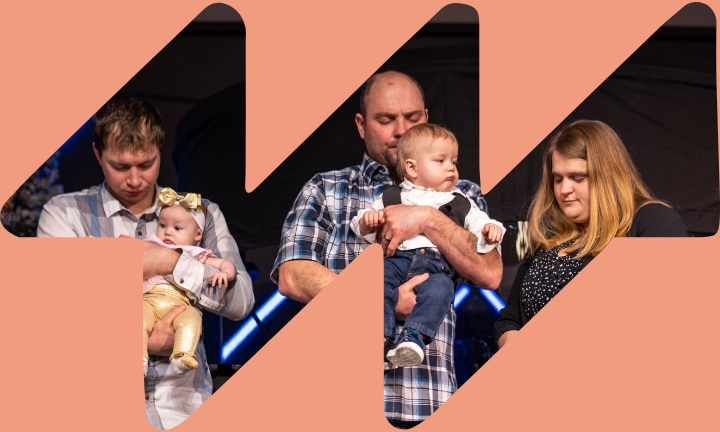I am currently re-reading a book that I read perhaps 20 years ago on Robert E. Lee. It’s amazing how much the mind pushes what we know to the back of our mind and needs to be refreshed from time to time. Lee was born near Richmond, Virginia in 1807, during the years that the United States was still in the process of development. When he was 17, he was awarded a scholarship to West Point Military Academy. He graduated from the Academy near the top of his class as a military engineer. In his early years, he traveled among the colonies as a military engineer working on projects that he was assigned to. He represented the States in a military operation in the war with Mexico. He was an established and honored military man in the U.S. Army.
In 1861 Lee was forced to make the biggest decision of his entire life. Fort Sumpter, off the coast of South Carolina, was fired on and that shot signaled the beginning of the Civil war between the States. The Confederate government was formed under the leadership of Jefferson Davis, and over the next four years, 250,000 Americans killed each other.
The south needed a military leader and Robert E. Lee was asked to lead the Confederate army because he was born in the south, though for many years he had served faithfully in the U.S. military. Lee himself said it was the most difficult decision he had ever made when he chose to lead the Confederate Army. Why was it difficult? That decision made him examine his soul, and ask who he really was and was he willing to act on what and who he was. Though he was a leader in the U.S. Military, he said, “I was born in the south; I am a southerner, and on that principle, I will trust my future.” And this he did, faithfully. Though he had significant disagreement with the southern military leaders, once he had made his decision, he never strayed from it.
It is the power of “principle.” What am I meaning when I use the word “principle?” The dictionary defines principle as, “an essential truth upon which other truths are based. An acceptance of some moral law as a guide for all of my behavior.” This is why Lee chose the way he did. It was based on the principle that he was indeed a southerner, and he answered a call for which he was later criticized. We all need a solid principle upon which all decisions of life will flow from. We live today in a very pragmatic culture that says “whatever works and feels good” and “where I can make the most money” will influence my choice. We see very little of this culture today.
Joseph, the 12th son of Jacob demonstrates this characteristic from the Bible. He was sold by his brothers to a caravan of Ishmaelites headed to Egypt. There he was auctioned off to one of Egypt’s significant people. Though he was surrounded by Egyptian culture and could enjoy all that ancient Egypt had to offer, he knew he was of the seed of Abraham, and he was not ‘one of them.’ Follow his life through this period and you will find that through all circumstances, he acted out of principle and not out of opportunity. He knew who he was, and he stayed true to that.
This characteristic, “living, based on principles of who I am” and staying true to that compass, is very hard to find today. We are being asked to leave all moral judgment and conviction at the door and enter the meeting free of the principle of right or wrong or morally not accepted. However, can we do that and still be true to the principles of a believer? It might be well to sit down with a tablet and pen and tell yourself what your own principles are. What is the compass that guides your life and what is that compass based on? How have you formed those principles? Did they come from your parents, education, friends, or did they just happen?
During one of the final years of my pastorate, I was invited to the National Prayer Breakfast in Washington, D.C. This breakfast is not a government affair but is sponsored by a group of men living in D.C. merely known as “the Fellowship.” These men are there to be a spiritual resource to legislators. Our church supported one of these men. There is always a nationally known speaker at these events and the speaker the year I was there was Mother Theresa. Her biography needs to be read. She was born in Albania and dedicated herself to becoming a nun. One of her assignments was to a convent in Calcutta, India. There she was exposed to the homelessness, poverty, and plight of unwanted babies. The babies were literally tossed in the landfill, unwanted. The principles that she lived by would not allow her to let this continue to take place. She pled with the leaders of the convent to allow her to go out on the streets and help these impoverished people, but those in the convent were not allowed on the streets. They were there to devote themselves to prayer, not physical assistance. She took her plea all the way to Rome and laid her concern before the Pope.
Eventually, permission was given and without any financial support, she began what was to become known as the “Sisters of Charity.” Others joined her. She became known worldwide for what she was doing.
I sat among thousands of others and listened to her. She was so small that a step platform had to be put in place so she could be seen over the lectern. But, what impressed me more was who was there, listening to her plea for the homeless and unwanted. A special section was reserved for members of Congress and the judicial system. But most of all, sitting not more than three feet to her right sat the President of the U.S. and his wife. I watched President Clinton as he listened to this passionate little nun from Calcutta talk about the homeless, aborted babies, and her passion. She went on to win the Nobel Peace Prize sharing her passion.
Mother Theresa died a few years ago, but the principles that guided her life are still in place, not only in India but around the world. Regardless of what we hear in our culture, it seems to me to be impossible to live today without a firm set of principles that guide our decisions and actions. Without them, how do we respond and act as people who believe in Jesus Christ and what He taught? If we have come to faith in Christ, then His very life flows through us by the Holy Spirit. That life will be reflected through us, into those around us.



